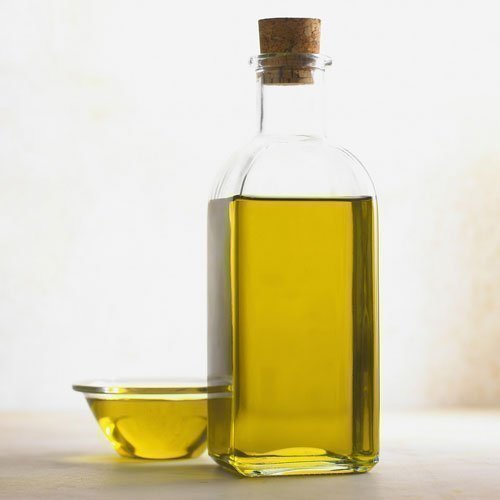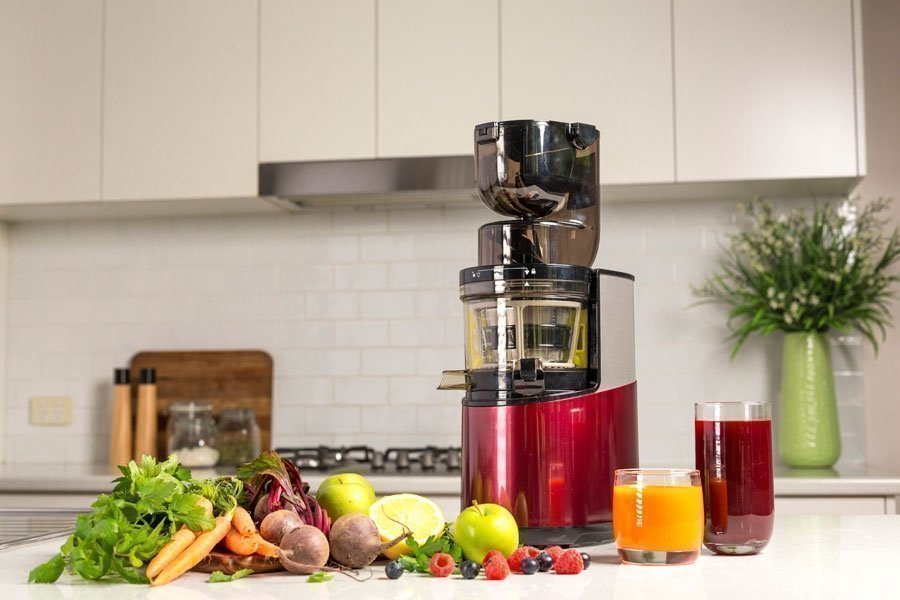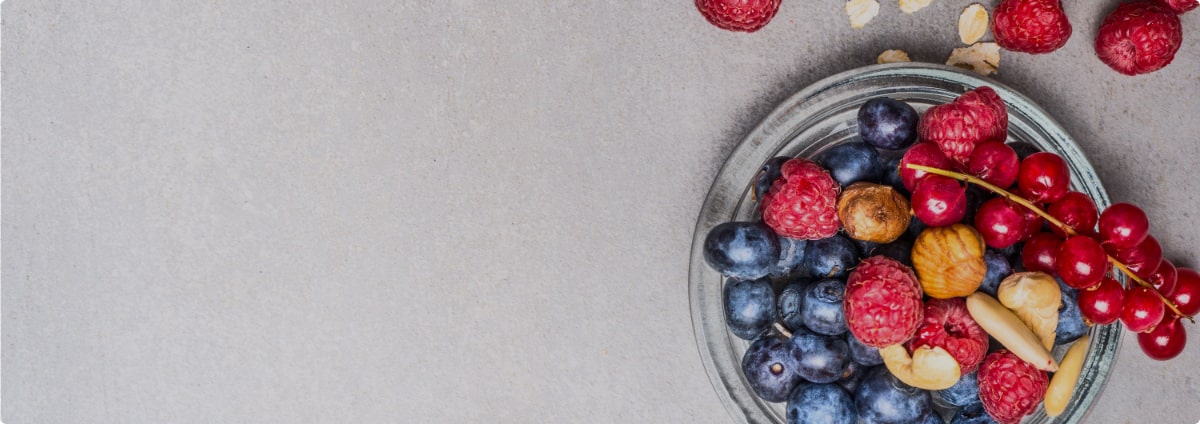Vitality 4 Life uses cookies to provide and improve our services, if you continue browsing, we consider that you accept its use. For more information, please see our privacy page.

Benefits of an Oil Press
Like most foods and drinks which are processed in bulk quantities and designed to sit on super market shelves for long periods of time, preservatives are added to bottled oil in order to extend its shelf life. Unfortunately, this diminishes the integrity of the oil and as such the nutritional benefits are depleted. Most oils are high in Omega 3 fatty acids, which are essential for our bodies to function, along with many other health benefits. Each type of oil has different additional health benefits for all aspects of the body; from the organs to skin and hair. When looking at the different types of fats and subsequently oils, you can begin to see the benefits of an oil press and making your own oil.
While we all need to incorporate oils into our diets, we have a pre conceived idea that oil = fat and fat is bad for us and or makes us fat. This is an interesting topic and one that sparks debate from nutritionists and doctors alike. What we can take from the overwhelming amount of content regarding the subject are 3 main points to consider when using oil:
- What is the quality/purity level of the oil being used?
- What type of oil am I using and for which application?
- Is the oil being used raw or heated (and to which temperature)?
Oil Quality
Do you know which ingredients are being used in the oil you are buying? Is the oil pure? And by this we don’t mean the word “pure” being added simply to the product name! It is important to be aware of the different types of preservatives which are added to certain oils and the affect they can have on the body.
Propyl Gallate
Propyl gallate is a preservative found in store bought oils and fats to prevent oxidization and prolong its shelf life. Propyl gallate has been linked to cancer as well as developmental and reproductive toxicity, allergies and skin irritations.
BHA & BHT
While classified as “generally regarded as safe” by the FDA, both BHA and BHT remain mostly a mystery when it comes to their effects on the body. Both are broken down and then absorbed by the body so will thus have a biological effect on the body. The long term affects are completely unknown and undocumented. While the true effects of these preservatives remains relatively unknown, avoiding BHA and BHT could be potentially very beneficial for your health – It’s not worth consuming something that you don’t know how it will affect your health.
Hydrogenation
Partially hydrogenated vegetable oils are made by reacting vegetable oil with hydrogen. This is what makes oils/fats less likely to spoil and gives it a longer shelf life. This process creates “trans fats” in the oil. Trans fat is the dangerous type of fat which is associated with heart disease, increased, breast and colon cancer. So it would seem that it is this man-made interruption in oils is primarily why fats are given a bad name.
Types of oil & their uses
Monounsaturated
Monounsaturated fats are heart-healthy and are beneficial for cholesterol levels. They are more chemically stable than their polyunsaturated counterparts and as such do keep better. However, saturated fats do keep better and are able to be heated to higher temperatures. Monounsaturated fats are generally considered the healthiest kind of oil; however they will turn rancid when cooking at high temperatures and cannot be kept for very long periods of time. The most common types of monounsaturated oils are:
- Olive oil
- Avocado oil
- Peanut oil
- Sesame oil
Use these oils primarily in dressings or for light sautéing.
Polyunsaturated
Polyunsaturated oils are very chemically unstable and as such should not be heated and only used raw. They also have a very short shelf life so it is best to store in the refrigerator and kept only until their expiration date. Types of polyunsaturated oils are:
- Walnut oil
- Grapeseed oil
- Soy oil
- Corn oil
- Fish oil
We recommend making your own polyunsaturated oils as you can effectively only make what you need to use at any one time. Also, as the oil is fresh it will be completely safe and there is no harm of the oil becoming rancid.
Saturated
Saturated fats have been given a very bad name for decades and in recent years research has begun to highlight the errors in previous reports regarding saturated fats. Saturated fats are the most chemically stable and as such can be used at very high temperatures without becoming rancid; they can also be store for longer periods.
While saturated fats have been linked to higher cholesterol levels, a lot of the recent research actually suggests that saturated fats actually increase levels of good cholesterol and change the structure of the bad cholesterol from bad to neutral. Saturated fats are generally animal fats like butter and cream and they contain vitamins A, E and K2. Another oil which is high in saturated fats is coconut oil and is widely recognized as the healthiest oil to use in all types of cooking.
Trans Fats
As mentioned above, trans fats are created by Hydrogenation and are the unhealthiest type of fat. Trans fat are man-made and turn what was previously unsaturated (unstable) fat into saturated fat. This process makes vegetable oils more chemically stable and as such extends their shelf life and they can be used at higher temperatures. Trans fat is commonly found in products such as:
- Margarine
- Baked goods
- Cereals
- Fried foods
- Snack foods
It is recommended to exclude all types of trans fats from your diet altogether.
Benefits of an Oil Press?
Buy pressing your own oils you are completely in control of what goes into your oil and the process of pressing the oil. No preservatives or alterations to the chemical structure. Just pure oil, of which there are many health benefits and some which are essential to the function of your body.
By pressing your own herb oils you can create 100% pure oil without dilution. Most oils are diluted with vegetable oils or cheaper oils to reduce their intensity and create larger quantities. If you take a look at the ingredients of most oils you will notice that they are in fact not 100% pure. By making your own, the product will be more pure and will then last you longer using less than you would normally.
Make as much as you need. By pressing your own oil you can literally make the oil just before using it so the oil is pressed fresh every time. The oil will be noticeably richer, flavoursome and fuller tasting. By consuming the oil fresh, there is little to none oxidisation, meaning the nutrients and enzymes remain intact. It is worth noting that fresh pressed monounsaturated and polyunsaturated oil will not last very long on the shelf as there are no added preservatives to extend the natural shelf life. Make as much as you need without the oil turning rancid.
[product id="1119"]











